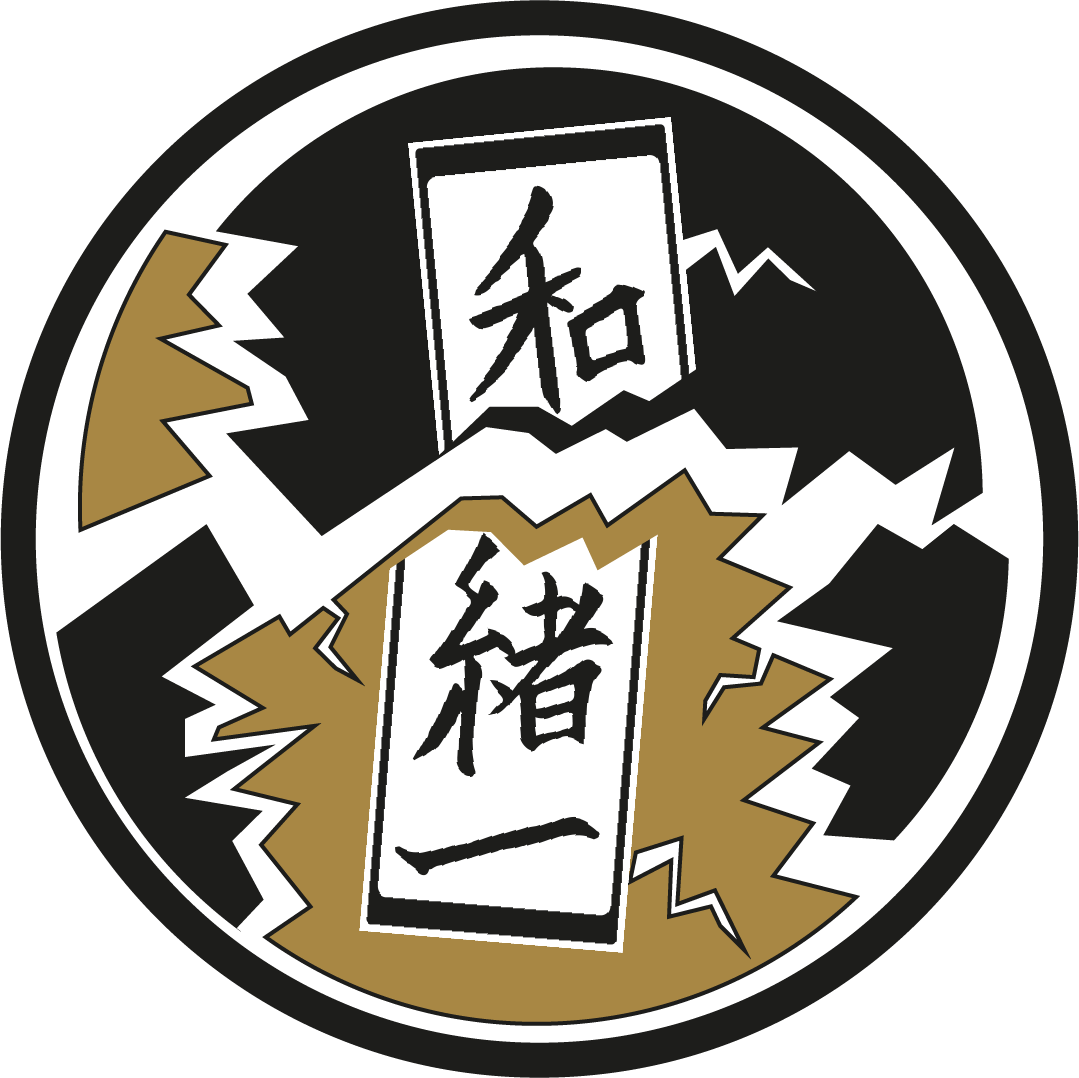Summer: Unagi and Fireworks
暑き日を
海に入れたり
最上川
Hatsukibi wo – The hot sun
Umi ni iretari – Sets into the sea
Mogamigawa – By the Mogamigawa
Matsuo Bashō
Utagawa Hiroshige (1797–1858), 19th Station: Fuchū, from the series: The Fifty-Three Stations of the Tōkaidō, 1833–1844.
Kabayaki, a grilled eel filet dipped in soy sauce. ©Kossy@FINEDAYS in Akabane
Japanese summer might be best described as a constant heat wave that lasts for about one month and slowly cools down until autumn. It causes frequent heat strokes, so you have to pay attention to being well hydrated and not to expose yourself too much.
The seasonal cuisine in summer is meant to fight the heat, usually with cold dishes and grilled fish. During the Edo period eating eel was introduced as a summer tradition. Eels are filled with all the nutrients needed to face hot weather and can be help people gain strength needed to face the difficult summer.
Going to the beach is not as popular as in the West, although many people like to spend at least a day at the seaside with their families or friends. A popular game to play at the beach is to blindfold a person who then tries to smash a watermelon with a stick, so that in the end all the present can enjoy eating the fruit.
Many festivities and religious events are held in summer, such aslocal festivals (matsuri 祭り) or firework displays (hanabi taikai 花火大会). During those special occasions streets fill with celebrating people. Many wear a light kimono (yukata 浴衣), which helps with heat and looks great. Summer is also a special time for Japanese spirituality as in the beginning of August are held the Obon festivities お盆. On this occasion people pray for the souls of the departed and celebrate their memories. Ancestor cult is very important in Japan up to the point that many households keep an altar with a picture of their deceased family members and symbolically offer them food.
Bon odori, dances to celebrate summer and the souls of the departed.
Written by Marty Borsotti


